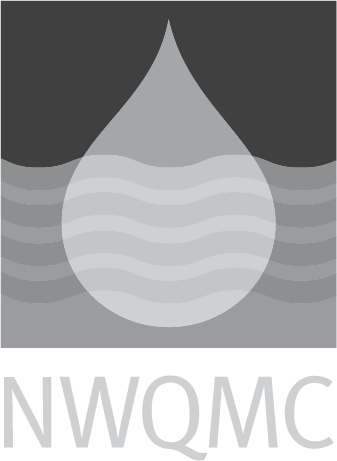EPA-RCA: 8316: Acrylamide, Acrylonitrile, and Acrolein by HPLC
|
Official Method Name
|
Acrylamide, Acrylonitrile, and Acrolein by High Performance Liquid Chromatography (HPLC) |
|---|---|
|
Current Revision
| Sept. 1994 Rev. 0 |
|
Media
|
WATER |
|
Instrumentation
|
High Performance Liquid Chromatography with Ultraviolet Detection |
|
Method Subcategory
|
Organic |
|
Method Source
|
|
|
Citation
|
|
|
Brief Method Summary
|
A 200 uL sample of water is injected onto a C-18 reverse phase column and the analytes are analyzed by HPLC with a UV detector. SW-846 is not intended to be an analytical training manual. Therefore, method procedures are written based on the assumption that they will be performed by analysts who are formally trained in at least the basic principles of chemical analysis and in the use of the subject technology. In addition, SW-846 methods, with the exception of required method use for the analysis of method-defined parameters, are intended to be guidance methods which contain general information on how to perform an analytical procedure or technique which a laboratory can use as a basic starting point for generating its own detailed Standard Operating Procedure (SOP), either for its own general use or for a specific project application. The performance data included in this method are for guidance purposes only, and are not intended to be and must not be used as absolute QC acceptance criteria for purposes of laboratory accreditation. |
|
Scope and Application
|
This method covers the use of high-performance liquid chromatography (HPLC), coupled with both thermospray-mass spectrometry (TS-MS) and an ultraviolet (UV) detector, for the determination of a variety of solvent-extractable nonvolatile compounds, including dyes, organophosphorus compounds, phenoxyacid herbicides, and carbamates. |
|
Applicable Concentration Range
|
The working range of the HPLC system (which is listed as 1 to 10 mg/mL in the method). |
|
Interferences
|
Contaminant carry over can occur when high concentration samples are followed by low concentration samples. To prevent this rinse the syringe with solvent after a high concentration sample. |
|
Quality Control Requirements
|
Refer to Chapter 1 for specific QC requirements. |
|
Sample Handling
|
See the SW-846 introductory material to Chapter Four, "Organic Analytes." |
|
Maximum Holding Time
|
N/A |
|
Relative Cost
|
Less than $50 |
|
Sample Preparation Methods
|
N/A |




